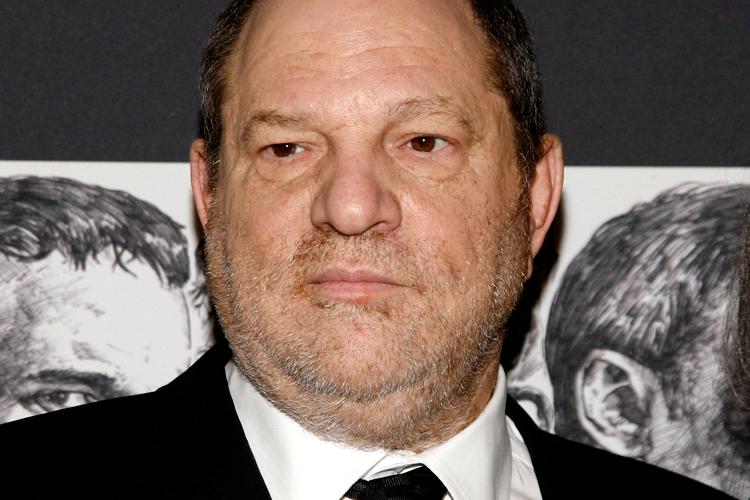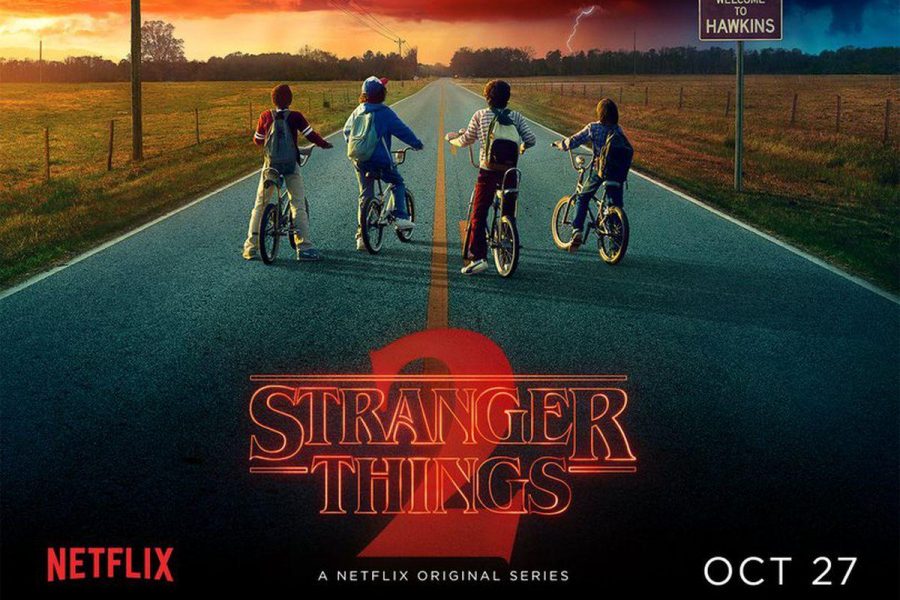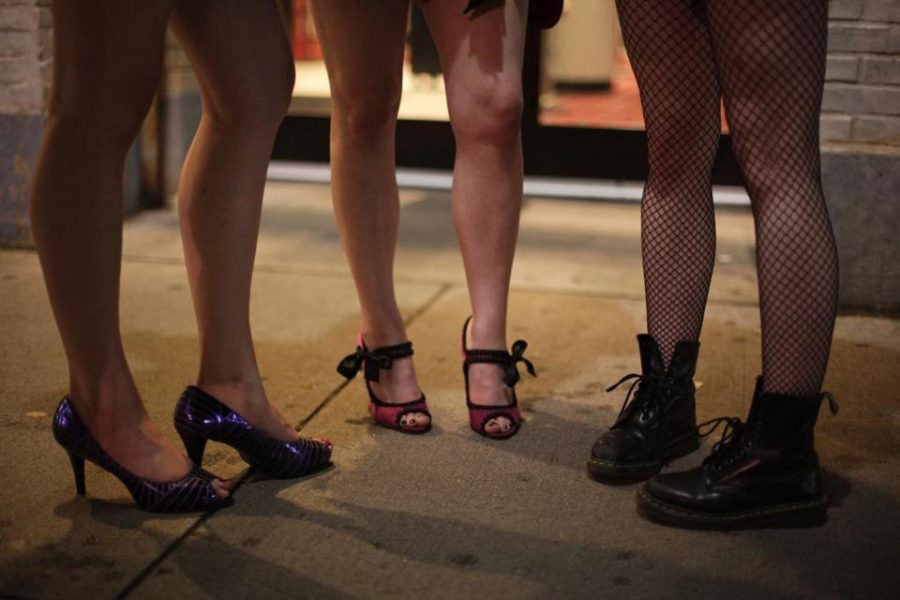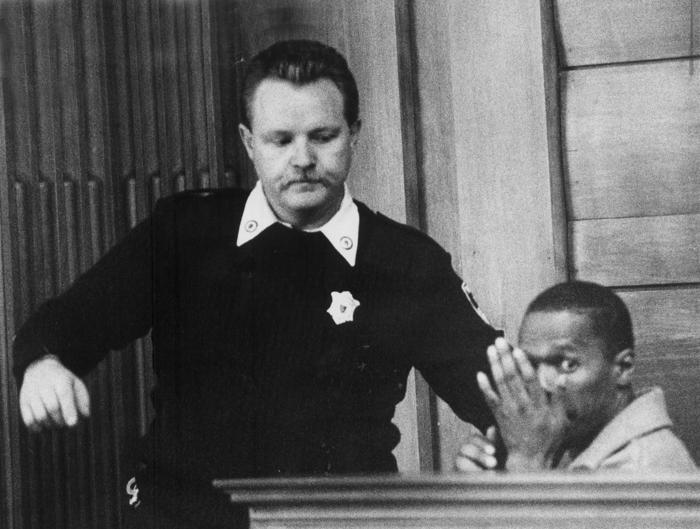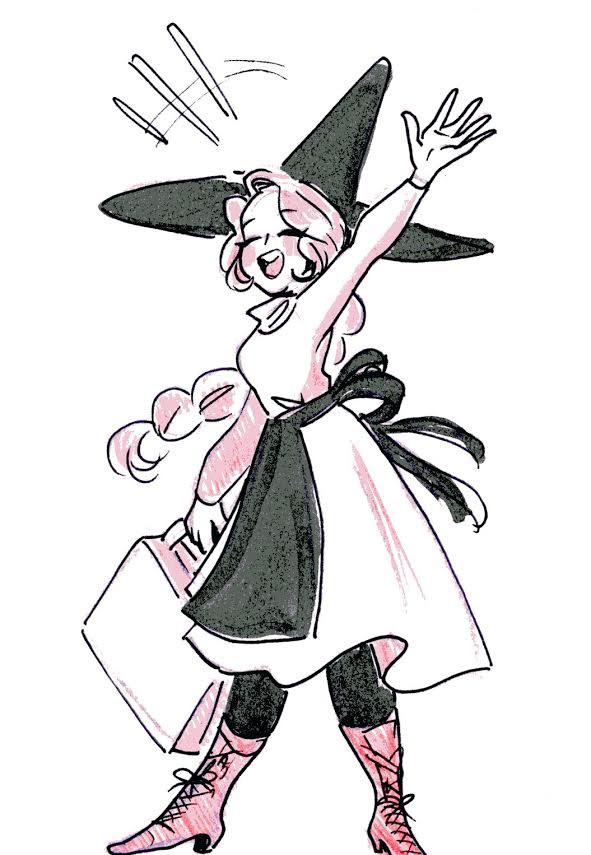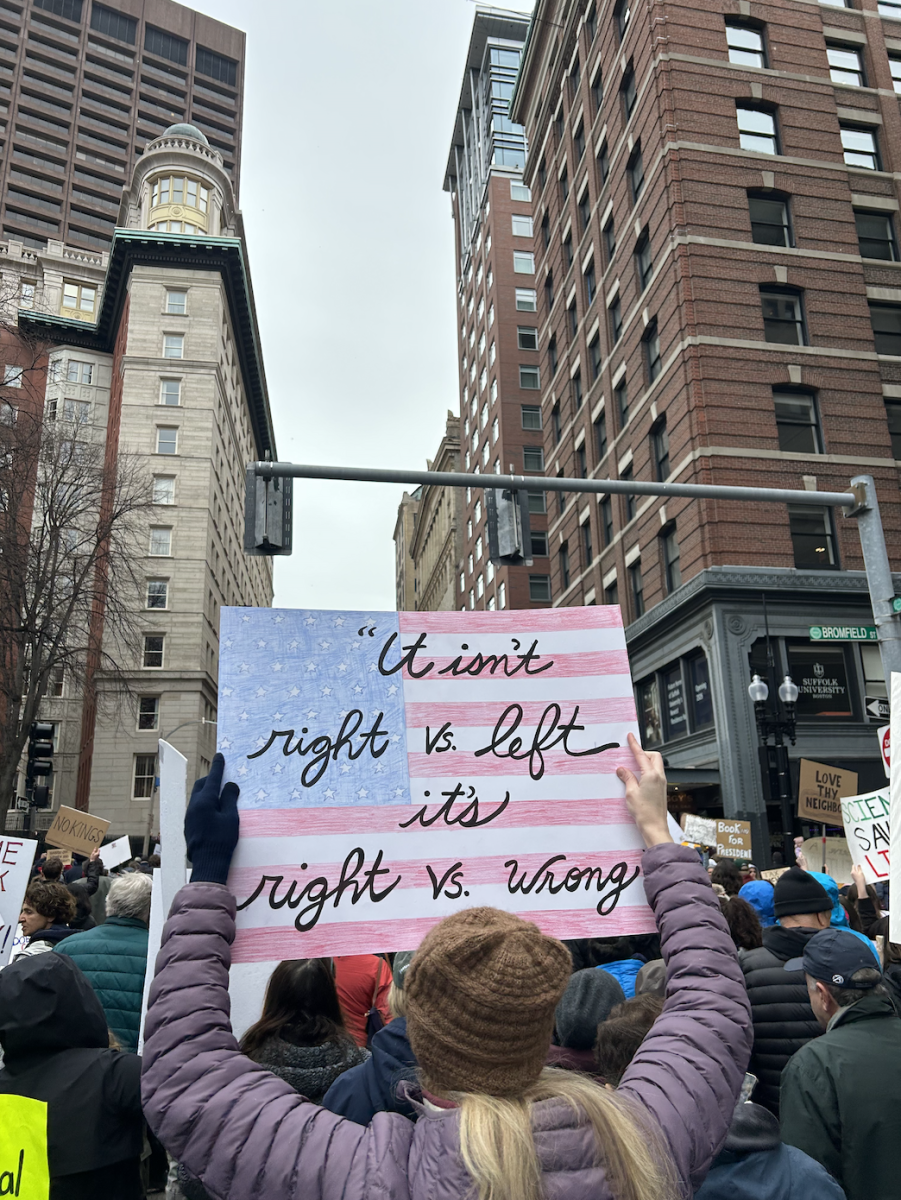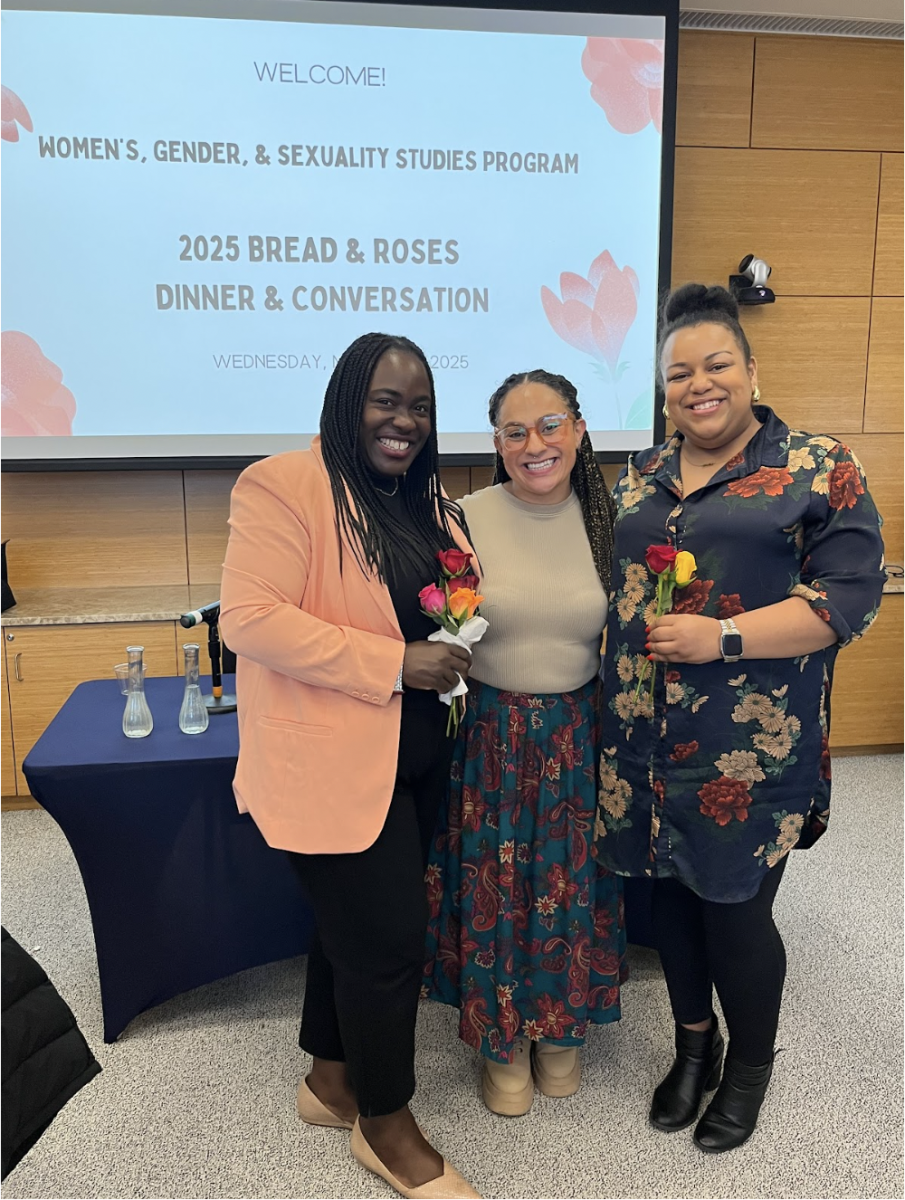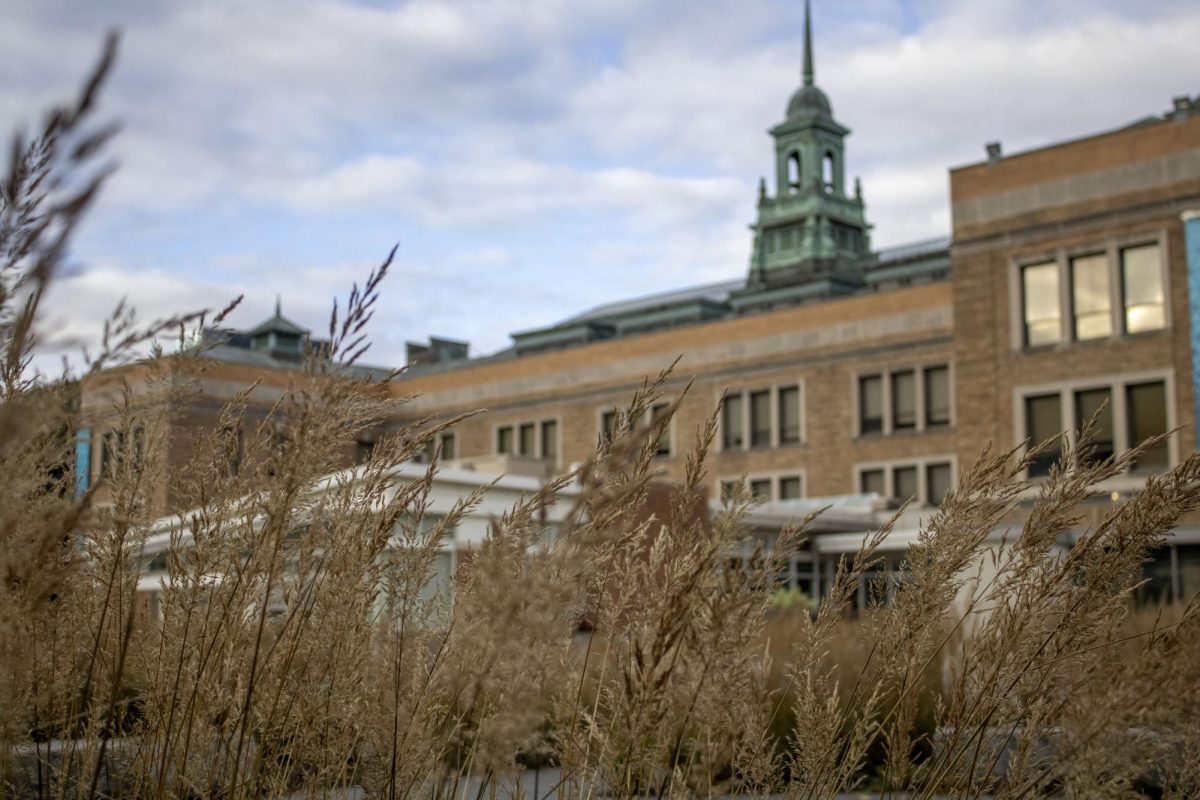By Delaney Gagnon
Staff Writer
In the wake of disturbing revelations made about Miramax producer Harvey Weinstein and his decades-long history of sexually assaulting women, a movement has taken the twitter world by storm. Women are tweeting #MeToo to signify that they have experienced sexual harassment or assault.
According to a report by CNN, approximately 2 million Twitter users have tweeted the hashtag.

With the success of the Twitter hashtag in revealing the magnitude of sexual assault in American culture, many are left wondering: can a Twitter hashtag move from an online trend to a legitimate source of social change?
This is not actually the first time that the “Me Too” hashtag went viral. According to a report by CBS News, a black female activist, Tarana Burke, tweeted the hashtag in 2007 to bring together women of color who survived sexual assault.
“It wasn’t built to be a viral campaign or a hashtag that is here today and forgotten tomorrow,” said Burke. “It was a catchphrase to be used from survivor to survivor to let folks know that they were not alone and that a movement for radical healing was happening and possible.”
Today, the hashtag has spread across international borders with France, Italy, and India as just some of the nations who have joined in the movement.
#MeToo has also spread from its Hollywood roots to other fields and industries.
Democratic Congresswoman Jackie Speier described her encounters with sexual assault in Washington in her #MeToo video. Speier is launching a #MeTooCongress campaign to encourage women on the hill to speak up against what she calls “a breeding ground for a hostile work environment.”
In response to the “Me Too” hashtag, men everywhere have begun tweeting with hashtags like “#HowIWillChange” and “IWillSpeakUp.”
While these reveal a long-awaited acknowledgement of the pervasive culture of sexual assault in the U.S., for some, it still remains a long way from a solution to the underlying problems.
According to Toni Van Pelt, President of the National Association of Women, that will be the result of effective collaboration between anti-violence organizations, the media, Hollywood, and especially, men.
“We must focus on the men. We must be demanding that the men step forward and take responsibility, whether they think they are the good guy or not,” Van Pelt said in a statement to CNN. “They are not the good guy if they are not speaking out against this, if they are allowing the bullying to continue.”









